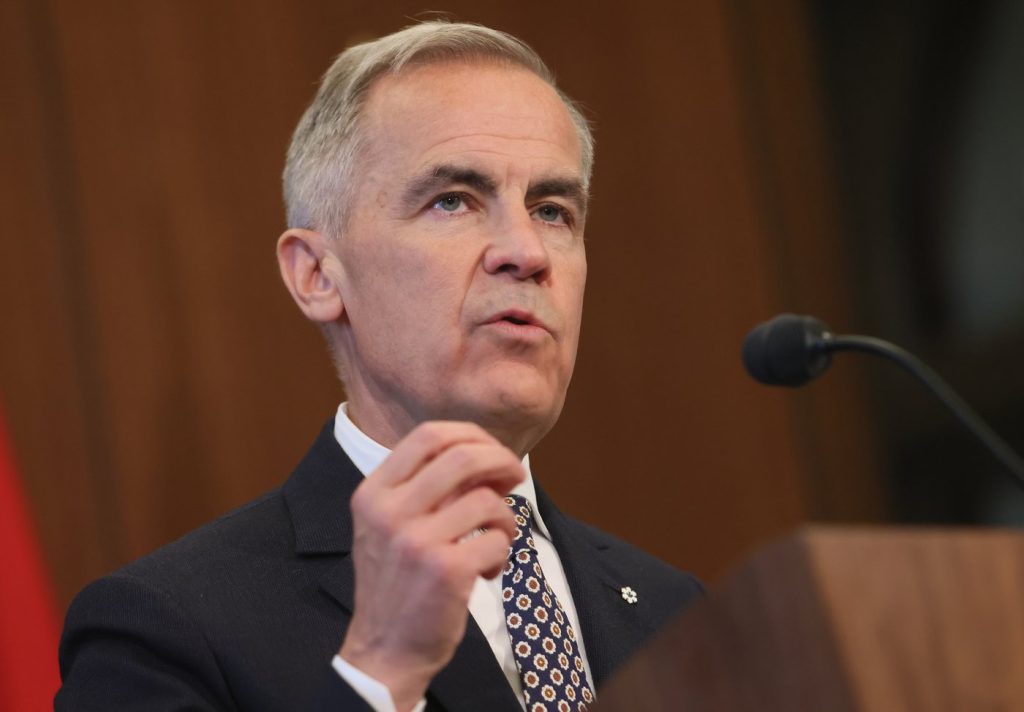HUNTSVILLE, ONT. – A significant development in Canadian internal trade has emerged as Ontario, British Columbia (B.C.), Nunavut, Yukon, and the Northwest Territories have formalized agreements aimed at enhancing internal trade, improving labour mobility, and removing barriers to business collaboration.
This announcement comes as Canada’s premiers convene in Huntsville, Ontario, to discuss pressing topics such as trade, potential U.S. tariff threats, and other critical issues facing the provinces. The leaders of these five jurisdictions revealed the signing of two distinct memorandums of understanding (MOUs) during their discussions, marking a notable step toward fostering economic cooperation.
Ontario and B.C., as well as Ontario with the three territories, initiated separate agreements that Ontario Premier Doug Ford asserts could unlock approximately $200 billion in economic potential for Canada. The agreements signify a collective effort among the provinces and territories to streamline operations by eliminating red tape, reducing business costs, and facilitating the free movement of skilled workers across the nation.
The recent agreements announced on Monday indicate that Ontario has now established formal collaborations with all Canadian provinces and territories, positioning it as a key player in the national economic landscape. Yukon Premier Mike Pemberton highlighted that their agreement is designed to ensure that the territories can fully engage with and contribute to the broader Canadian economy.
Furthermore, B.C. Premier David Eby emphasized the benefits of collaboration between Ontario and B.C. in dismantling trade barriers, stating that such initiatives are advantageous for both workers and businesses. “Between our provinces, we have more than half of the population of the country. This agreement is key to unlocking one Canadian economy,” Eby remarked in the official statement.
These agreements are anticipated to create a more cohesive internal market in Canada, paving the way for increased economic activity and cooperation among provinces and territories. The focus on removing trade barriers is seen as essential for enhancing competitiveness and ensuring that Canadian businesses can thrive in an increasingly interconnected global economy.
This coordinated effort highlights the importance of unity among Canadian provinces and territories in addressing trade concerns and fostering a collaborative environment for economic growth. As the landscape of internal trade evolves, these MOUs may serve as a blueprint for future collaborations that bolster Canada’s economy and support the movement of skilled labour across the regions.












